IFPRI Opens Applications for Data Collection on agricultural value chains in Tanzania. Budget ceiling $155,000 USD; 2,000–3,000 interviews expected. Submit proposals by November 7, 2025.
Introduction
The International Food Policy Research Institute (IFPRI) has opened applications for a data collection contract focused on agricultural value chains (AVCs) in Tanzania. Funded by the Gates Foundation, this project investigates the financial strategies and constraints faced by midstream actors (traders, processors, transporters, wholesalers) in maize and poultry value chains, with a particular focus on the adoption and use of digital payment systems and mobile money.
IFPRI is seeking an experienced survey firm to implement a network-driven sampling approach across two to three regions of Tanzania. The contract has a budget ceiling of $155,000 USD and aims to complete 2,000–3,000 interviews using detailed survey instruments. The deadline for proposal submission is November 7, 2025.
Background
Midstream firms play a crucial role in moving agricultural products from farm to market, supporting food access, employment, and export revenue. Prior IFPRI work found heavy reliance on cash transactions among intermediary firms, with low usage rates of electronic bank transfers and mobile money despite awareness of these services. This study will examine constraints to digital payments among producers and midstream actors in poultry and maize value chains, documenting use of digital financial services, risks of cash-based payments, and barriers disaggregated by actor type and value-chain role.
Scope of Work
The selected survey firm will design and implement fieldwork that:
- Applies a network-driven sampling approach starting with farmers and iteratively following forward links to midstream actors (traders, processors, wholesalers, transporters).
- Conducts structured interviews covering financial access, payments, business operations, and value-chain linkages.
- Targets 2,000–3,000 total interviews across the selected regions and value chains, beginning with roughly 250 farmers per value chain.
- Manages a dynamic roster of referred intermediary actors in near real-time to avoid duplication and reach saturation.
- Produces raw and clean labeled datasets and delivers the full suite of project deliverables listed below.
Interview Process & Logistics
The interview process is iterative and network-driven:
- Start with farmers selected from randomly chosen villages within selected districts; ask farmers to identify the intermediaries to whom they sold the commodity in the last 30 days (name and phone number).
- Contact referred midstream actors (traders, processors, wholesalers, transporters) and interview them; each interview yields further referrals.
- Continue iterative referrals until the sample reaches saturation (no new eligible midstream actors) or until target numbers/budget constraints are met.
- Follow forward links only for logistical simplicity (progress from production toward consumers).
- Maintain a real-time roster/database of interviewed and referred actors; allocate staff to manage this roster and coordinate enumerator teams.
Field interview length is expected to average 1 to 1.5 hours.
Target Survey Numbers & Budget
- Budget ceiling: $155,000 USD (total contract value).
- Target interviews: 2,000–3,000 total interviews across all actor types.
- Initial farmer interviews: Approximately 250 farmers per value chain (maize and poultry).
- The firm must propose a realistic timeline and sampling plan that fits within the budget and achieves the target sample.
Survey Instrument Topics
The survey will collect quantitative and categorical data on:
- Access to and use of formal financial services (banks, microfinance).
- Access to and use of informal financial arrangements.
- Use of mobile money and digital payment systems.
- Demographic and firm-level information (enterprise scale, kilograms flowing through the organization).
- Forward and backward links in the value chain.
- Number of employees and wages (if applicable).
- Enterprise revenue, costs, and profit margins.
- Barriers to adoption of digital financial services.
Estimated interview time: 1–1.5 hours per respondent.
Survey Firm Tasks & Responsibilities
The survey firm is expected to:
- Obtain ethical approvals and research clearances required to operate in Tanzania.
- Review and comment on draft survey instruments provided by IFPRI.
- Translate and back-translate instruments into local languages as needed.
- Program instruments into SurveyCTO, test, and provide draft/beta instruments to the IFPRI research team for feedback.
- Conduct pilot testing of the instruments and revise accordingly.
- Develop a survey training plan and manual and conduct enumerator training.
- Develop a survey logistics plan incorporating transportation, security, and field coordination.
- Implement a quality control plan approved by IFPRI and execute all QC measures (spot checks, back-checks, real-time monitoring).
- Provide daily updates to the research team during data collection, including roster updates and field progress.
- Manage data capture and ensure real-time or near-real-time roster maintenance to prevent duplicate interviews.
IFPRI will collaborate closely with the firm on region selection, sampling frame development, final sampling strategy, and instrument updates during piloting.
Deliverables for IFPRI Opens Applications for Data Collection
Final contract deliverables should include, at minimum:
- Translated survey instruments (final versions).
- Draft and final SurveyCTO programs.
- Survey training plan and training materials.
- Survey logistics plan.
- Survey quality control plan and QC logs.
- Pilot test report and instrument revisions.
- Daily field updates during enumeration.
- Raw datasets, including the roster/database of forward links between actors.
- Cleaned datasets with labeled variables and codebook.
- Final fieldwork report summarizing methodology, sampling outcomes, response rates, challenges, and recommendations.
Required Qualifications & Team Composition
Proposals must demonstrate:
- Ability and legal authorizations to carry out data collection in Tanzania.
- Proven experience collecting in-person survey data in Tanzania, preferably in rural contexts.
- Strong project management capacity, including a designated project manager fluent in English for regular coordination with IFPRI researchers.
- Technical expertise in survey programming (SurveyCTO or equivalent), sampling for network-driven surveys, and field logistics.
- Capacity to recruit and train enumerators with local language skills and experience.
- Track record of delivering high-quality datasets and documented QC procedures.
Proposals should include CVs for key personnel and brief descriptions of prior relevant projects.
Proposal Requirements & How to Apply
To apply, submit a concise proposal that includes:
- Technical approach: Proposed data collection plan and sampling strategy tailored to the network-driven approach described above.
- Timeline: Estimated schedule from instrument finalization to delivery of clean datasets and final reports.
- Budget: Proposed budget not exceeding the $155,000 USD ceiling, with cost breakdown (personnel, travel, per diems, translation, SurveyCTO costs, QC).
- Team qualifications: Firm profile, CVs of primary team members, and evidence of prior similar work in Tanzania.
- Operational plan: Logistics, enumerator recruitment, safety, roster management, and data security plan.
Direct any technical questions to the IFPRI contacts listed in the original notice: Kate Ambler (k.ambler@cgiar.org) and Jeff Bloem (j.r.bloem@cgiar.org).
Submission deadline for proposals: November 7, 2025.
Follow Our Social Media Pages
Join Our WhatsApp Group
Join Our WhatsApp Channel
Follow Our Facebook Page
Related Posts
- UNICEF Climate Resilience Internship 2026 – Paid Global Opportunity for Graduates
- World Bank Summer Internship Program 2025 – Fully Funded
- UNDP Research Fellowship 2025 – Global Opportunities for Graduates
- Gates Foundation Internship Program 2025 – Apply for Global Roles
Frequently Asked Questions (FAQ)
1. What is the application deadline?
Proposals must be submitted by November 7, 2025.
2. What is the budget ceiling for this contract?
The total budget ceiling is $155,000 USD.
3. How many interviews are expected?
IFPRI expects 2,000–3,000 total interviews, starting with about 250 farmers per value chain.
4. Where will fieldwork take place?
Fieldwork will be carried out in two to three regions of Tanzania, across selected districts. The research team will provide guidance on region selection.
5. What sampling approach is required?
A network-driven, iterative sampling approach is required: start with randomly selected farmers, collect forward link referrals, and interview referred midstream actors until saturation or target numbers are reached. Only forward links will be followed for logistical simplicity.
6. What are the expected interview topics and length?
Interviews cover financial access, digital payments, enterprise economics, and value-chain linkages; each interview will take approximately 1 to 1.5 hours.
7. What technical platform is preferred for data collection?
Survey instruments should be programmed in SurveyCTO; the firm must provide draft programs for IFPRI testing and feedback.
8. Are ethical approvals required?
Yes. The survey firm must obtain necessary ethical approvals and research clearances to conduct fieldwork in Tanzania.
9. What deliverables will the firm provide?
Deliverables include translated instruments, SurveyCTO programs, training and logistics plans, QC documentation, raw and clean datasets (with labeled variables), and a final field report.
10. Who can I contact with questions?
Direct questions to k.ambler@cgiar.org (Kate Ambler) and j.r.bloem@cgiar.org (Jeff Bloem).
Final Thoughts
This IFPRI data collection contract is a high-profile, methodologically innovative assignment that requires a firm with strong field experience in Tanzania, technical capacity for network-driven sampling, and rigorous quality control procedures. The project offers the opportunity to contribute to important evidence on digital financial services and payment systems in agricultural value chains—evidence that can inform policy, private sector innovation, and donor programming.
If your firm can meet the technical requirements and deliver within the specified budget and timeline, prepare a focused proposal that demonstrates your sampling approach, operational plan, and cost-efficiency. Submit your proposal by November 7, 2025, and direct any inquiries to the IFPRI contacts provided above.
Keywords
IFPRI data collection Tanzania, data collection contract 2025, agricultural value chains survey, network-driven sampling Tanzania, digital payments research Tanzania, survey firm Tanzania, SurveyCTO contract, Gates Foundation funded research, midstream firms study, apply by November 7 2025
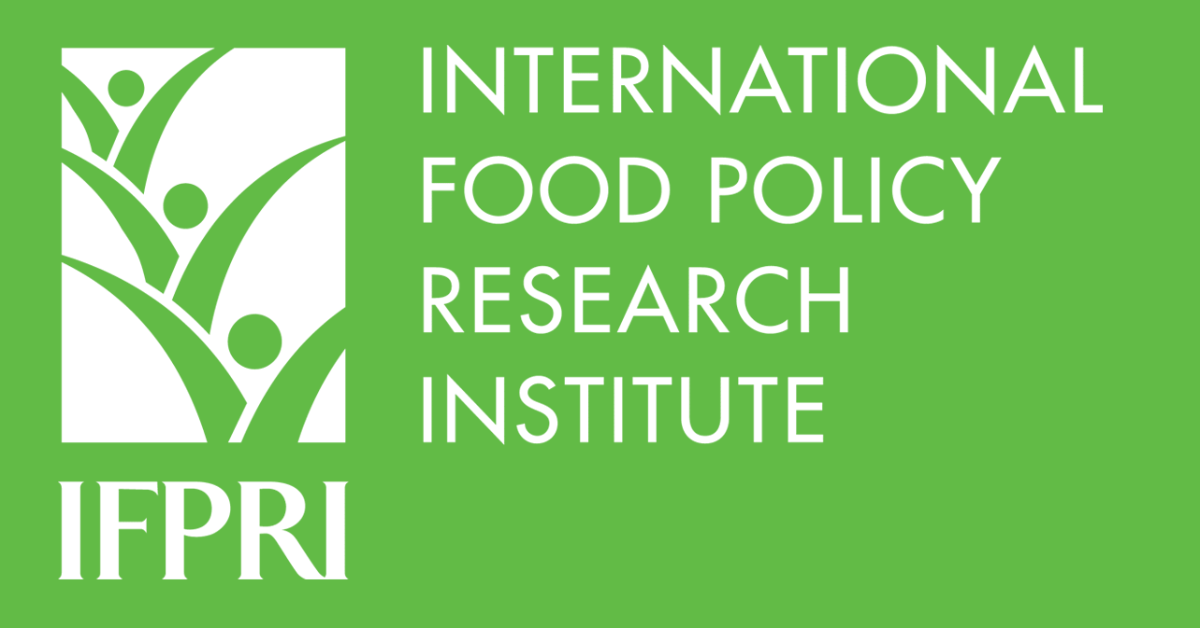
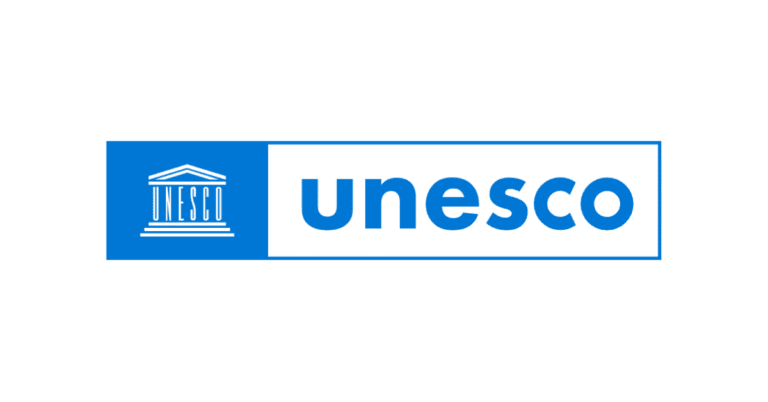

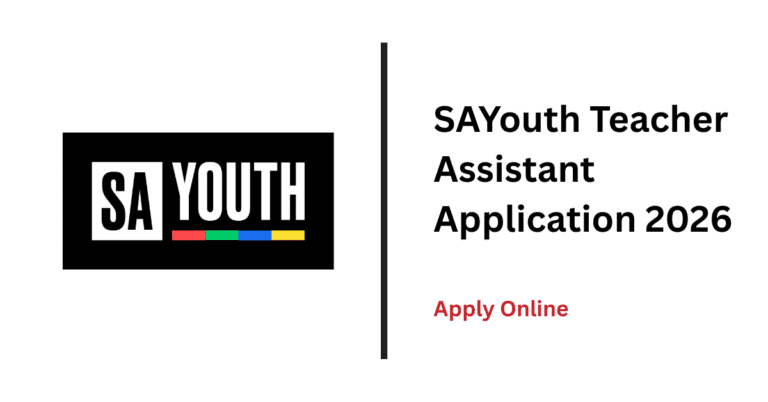

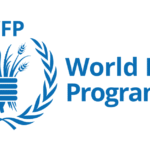
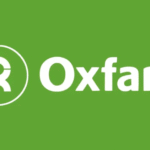
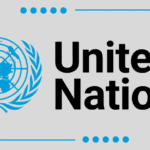
thank you for your opportunity
Kindly include me in your email list
I want to be an intern. Please give me a chance, I’m from Malawi as my original nationality.